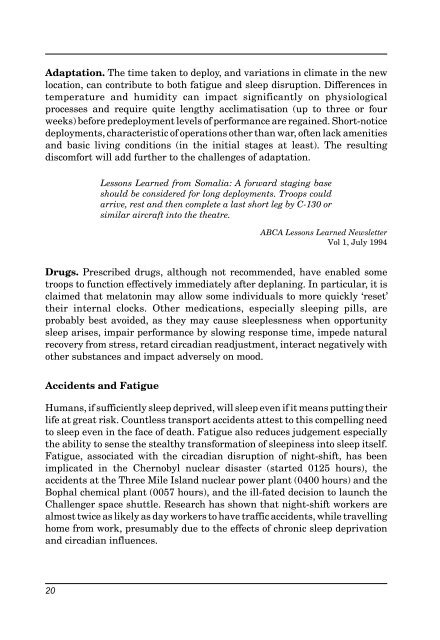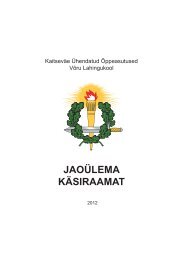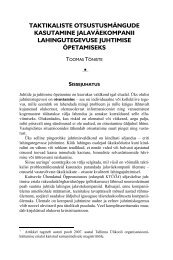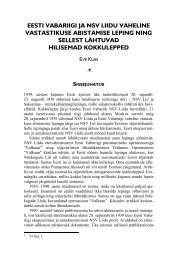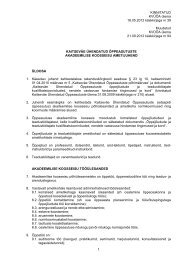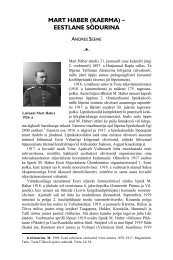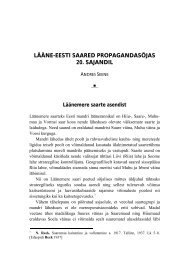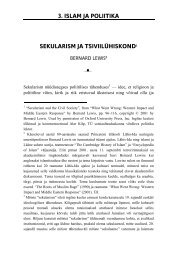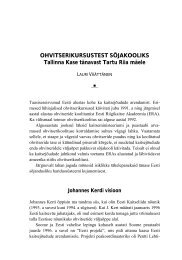Fatigue Management
Fatigue Management
Fatigue Management
Create successful ePaper yourself
Turn your PDF publications into a flip-book with our unique Google optimized e-Paper software.
Adaptation. The time taken to deploy, and variations in climate in the new<br />
location, can contribute to both fatigue and sleep disruption. Differences in<br />
temperature and humidity can impact significantly on physiological<br />
processes and require quite lengthy acclimatisation (up to three or four<br />
weeks) before predeployment levels of performance are regained. Short-notice<br />
deployments, characteristic of operations other than war, often lack amenities<br />
and basic living conditions (in the initial stages at least). The resulting<br />
discomfort will add further to the challenges of adaptation.<br />
Lessons Learned from Somalia: A forward staging base<br />
should be considered for long deployments. Troops could<br />
arrive, rest and then complete a last short leg by C-130 or<br />
similar aircraft into the theatre.<br />
ABCA Lessons Learned Newsletter<br />
Vol 1, July 1994<br />
Drugs. Prescribed drugs, although not recommended, have enabled some<br />
troops to function effectively immediately after deplaning. In particular, it is<br />
claimed that melatonin may allow some individuals to more quickly ‘reset'<br />
their internal clocks. Other medications, especially sleeping pills, are<br />
probably best avoided, as they may cause sleeplessness when opportunity<br />
sleep arises, impair performance by slowing response time, impede natural<br />
recovery from stress, retard circadian readjustment, interact negatively with<br />
other substances and impact adversely on mood.<br />
Accidents and <strong>Fatigue</strong><br />
Humans, if sufficiently sleep deprived, will sleep even if it means putting their<br />
life at great risk. Countless transport accidents attest to this compelling need<br />
to sleep even in the face of death. <strong>Fatigue</strong> also reduces judgement especially<br />
the ability to sense the stealthy transformation of sleepiness into sleep itself.<br />
<strong>Fatigue</strong>, associated with the circadian disruption of night-shift, has been<br />
implicated in the Chernobyl nuclear disaster (started 0125 hours), the<br />
accidents at the Three Mile Island nuclear power plant (0400 hours) and the<br />
Bophal chemical plant (0057 hours), and the ill-fated decision to launch the<br />
Challenger space shuttle. Research has shown that night-shift workers are<br />
almost twice as likely as day workers to have traffic accidents, while travelling<br />
home from work, presumably due to the effects of chronic sleep deprivation<br />
and circadian influences.<br />
20


